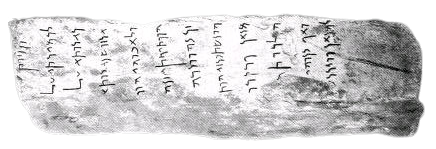By Kinda Jayoush
Touma, her husband, and their three children preferred the risk of living in Maaloula to the pain of leaving home.
Rana Touma and her three children were living in Damascus when they received a coffee mug with a picturesque image of Maaloula. Their eyes filled with tears because they feared they would never again see their hometown.
In December 2013, armed rebel groups, including Al Qaeda-linked Jabhat Al Nusra, attacked Maaloula, an ancient Christian enclave. The town prided itself on being the last place on earth where people speak Aramaic, the language of Jesus Christ.
For months to follow, clashes between rebel groups and government forces destroyed most of the town's historic homes, churches and monasteries. Rebels kidnapped 13 nuns and killed those who resisted. Residents were forced to flee their homes. In a country where Christians are perceived to be disappearing or under threat of attack, it raised questions about the community's very survival.
Touma, her husband, and their three children preferred the risk of living in Maaloula to the pain of leaving home.
 |
In December 2013, armed rebel groups, including Al Qaeda-linked Jabhat Al Nusra, attacked Maaloula, an ancient Christian enclave. The town prided itself on being the last place on earth where people speak Aramaic, the language of Jesus Christ.
For months to follow, clashes between rebel groups and government forces destroyed most of the town's historic homes, churches and monasteries. Rebels kidnapped 13 nuns and killed those who resisted. Residents were forced to flee their homes. In a country where Christians are perceived to be disappearing or under threat of attack, it raised questions about the community's very survival.
